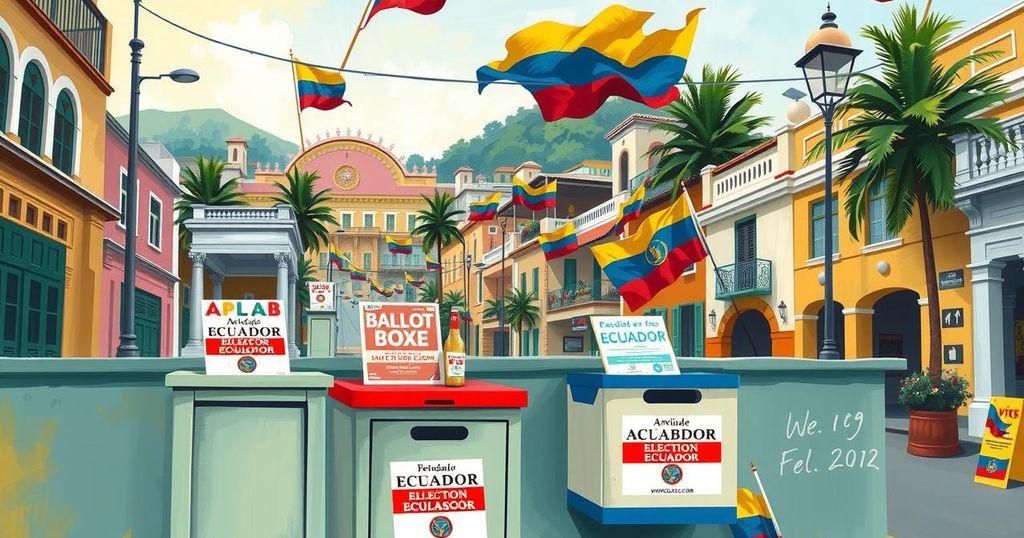Chilean President Gabriel Boric acknowledges that the rise of the far right is partly due to the left’s failings. He highlights key accomplishments of his government, including pension reform and gender-based violence laws, while admitting to past miscalculations. Boric addresses potential US trade tensions and emphasizes the need for long-term political visions as he approaches the end of his term.
Chilean President Gabriel Boric marks his presidency’s final year by acknowledging that the global rise of the far right can be traced back to failures of the left. In an exclusive interview, Boric asserts that combating extremist movements necessitates “ideology, conviction, less rhetoric, and more concrete actions that improve people’s quality of life.” He reviews the successes and setbacks of his administration since assuming office in March 2022, highlighting significant accomplishments such as a long-anticipated pension reform aimed at revitalizing Chile’s inadequate retirement system.
Boric emphasizes that there was a consensus on the unsustainability of the previous pension system, which many deemed undignified. He asserts, “Despite deep disagreements, we reached a consensus that will improve people’s lives.” His administration also enacted a comprehensive law against gender-based violence, established Chile’s first Ministry of Security, and improved public transportation access, including free services in certain areas.
In a reflective tone, Boric concedes miscalculations early in his presidency, especially regarding the failed constitutional amendment process. Voters rejected a progressive constitutional proposal in 2022, and Boric admits that his government exhibited excessive leniency toward radical factions involved in the drafting. He states, “We had too much complacency with sectors that refused to take responsibility for the consequences of their actions.”
On the international stage, Boric addresses right-wing populism’s rise globally, particularly referencing the United States during Donald Trump’s administration. He expresses concern over leaders who exploit collective fear, noting, “These types of leaders want us to fall into a state of hysteria.” Boric emphasizes that fear should not drive political action and focuses on the alternatives presented to the populace.
Moreover, Boric comments on the potential economic tensions with the US, especially concerning copper imports. An investigation initiated by Trump into the national security risks posed by reliance on imported copper could result in tariffs on Chile’s key export. He warns that such tariffs would adversely affect American consumers, stating, “If tariffs were imposed on copper, it would be bad news, first and foremost, for people from the US.” As Chile is the leading copper producer globally, he argues that a trade war would not only harm Chile but would not endure in the long term.
Despite current geopolitical uncertainties, Boric remains devoted to Chile’s multilateral stance, asserting, “We are not anyone’s backyard,” and insisting on the need to uphold principles related to global issues. As he approaches the final year of his term, Boric emphasizes that his focus should remain on consolidating his administration’s achievements. He aspires for the left-wing coalition in Chile to provide a sustainable political alternative in future elections, underlining the necessity for long-term visions in nation-building.
In summary, President Gabriel Boric recognizes that the left must take accountability for the emerging far-right movements globally, underscoring the importance of ideology and concrete action. He highlights significant accomplishments of his administration, including pension reform and other social policies. Additionally, he critiques past miscalculations, particularly regarding the constitutional drafting process. As economic tensions with the US arise, Boric underscores the importance of multilateralism and long-term vision in political strategies going forward.
Original Source: efe.com




